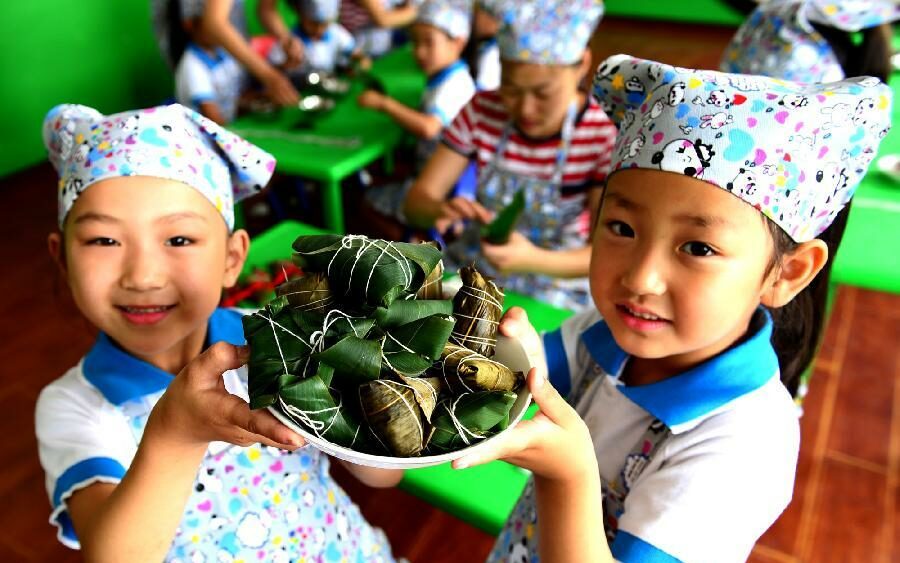Duanwu Festival: A Pan-Asian Celebration of the Summer Solstice
While China is often associated with the Dragon Boat Festival during the summer solstice, the celebration extends far beyond its mainland borders. A shared heritage and cultural exchange over centuries have made this festival a popular event in many parts of Asia, including Malaysia, Indonesia, Singapore, and Taiwan. In these regions, it’s often known as the Bak Chang Festival or ‘Dumpling Festival’ – a celebration that carries both historical significance and a deep connection with the environment.
Ancient celebrations of the summer solstice in China
The summer solstice, referred to as Xiàjié or Xiàzhìjié in Chinese, has held significant importance in Chinese culture for thousands of years. As an agrarian society, the ancient Chinese held the natural world in high regard and structured their lives and activities around the changing seasons. The summer solstice, marking the zenith of the sun and the longest day of the year, was observed with rituals and traditions that celebrated the abundance of the season and the cyclical nature of life.
The royal rituals during the summer solstice
In ancient China, the celebration of the summer solstice was primarily a royal event. The emperor, considered the Son of Heaven, performed rites to ensure the harmony between heaven and earth. One of the key rituals involved the emperor offering sacrifices to the heaven, which were meant to show gratitude for the warmth and light provided by the sun, essential for a successful harvest.
The emperor would lead a procession to the suburbs of the city, where he would personally plough the fields with a jade plough. This symbolic act was meant to show respect to the farmers and acknowledge the importance of agriculture. Ancient Chinese were keen observers of celestial phenomena. They noted the movement of the sun and the length of shadows on the summer solstice. They used sundials for this purpose, which helped them understand the changing seasons and plan agricultural activities accordingly.
The Importance of Yin and Yang
In Taoist philosophy, Yin and Yang represent the dual, interdependent forces in the universe. The summer solstice marked a significant point in the Yin-Yang cycle. The peak of Yang, symbolizing warmth and light, occurred on the day of the summer solstice. From this point onward, Yang began to decline, and Yin started to grow, marking a transition towards the cooler, darker months.
Summer solstice and culinary traditions
Food has always played an important role in Chinese festivals, and the summer solstice was no exception. To combat the summer heat, it was customary to consume foods with Yin, or cooling, properties. These included fruits and vegetables, such as watermelon and cucumber, and herbs like mint. In some regions, it was also common to eat noodles, as their long shape symbolized longevity.
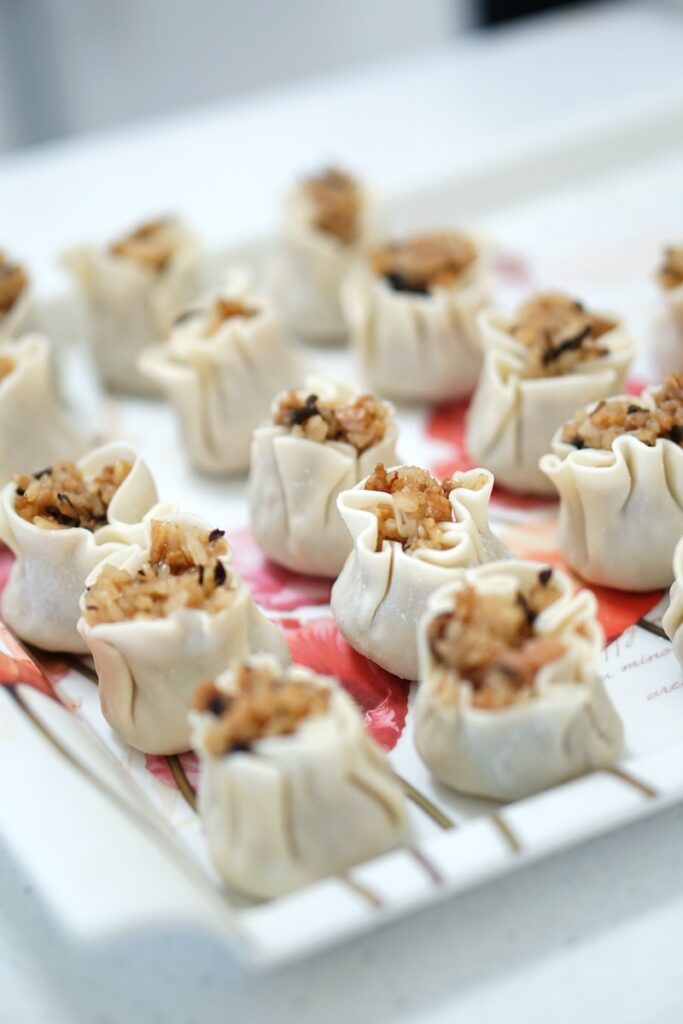

Historical Roots of the Bak Chang Festival
The Bak Chang Festival’s history is intrinsically linked with the Dragon Boat Festival, and the two share a common origin story. The festival commemorates the death of Qu Yuan, a renowned poet and statesman of ancient China. Distraught by the corruption and disunity of his beloved country, Qu Yuan drowned himself in the Miluo River as a form of protest.
The local people, who admired Qu Yuan greatly, raced out in their boats to save him or recover his body. Unable to find him, they dropped balls of sticky rice wrapped in bamboo leaves into the river to prevent the fish from eating his body. This event is considered the genesis of the Dragon Boat races and the tradition of eating zongzi, or sticky rice dumplings.
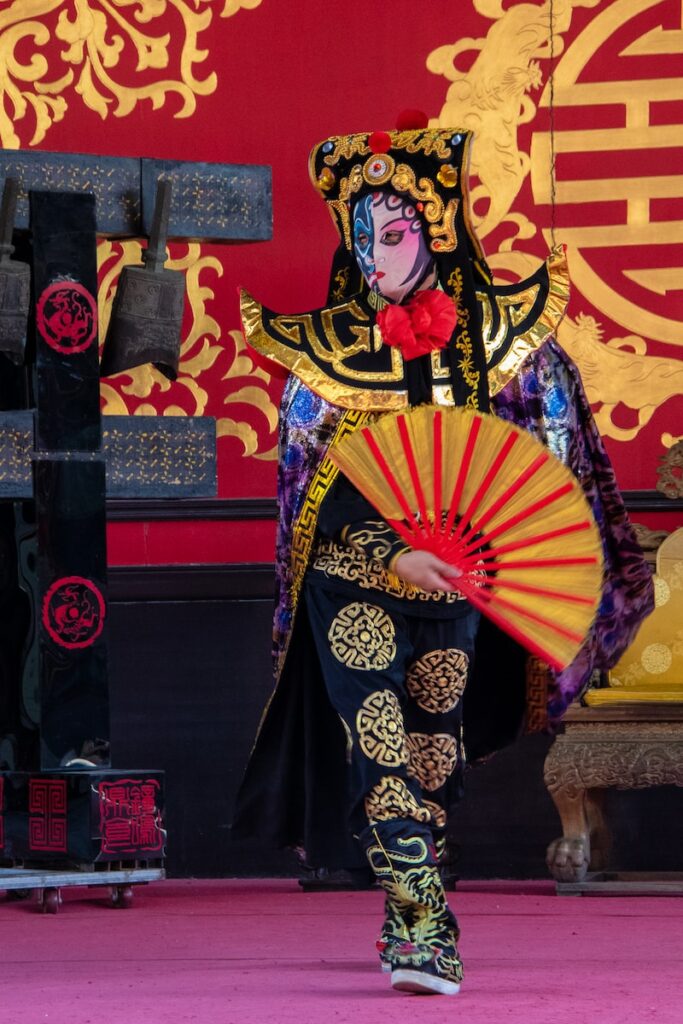
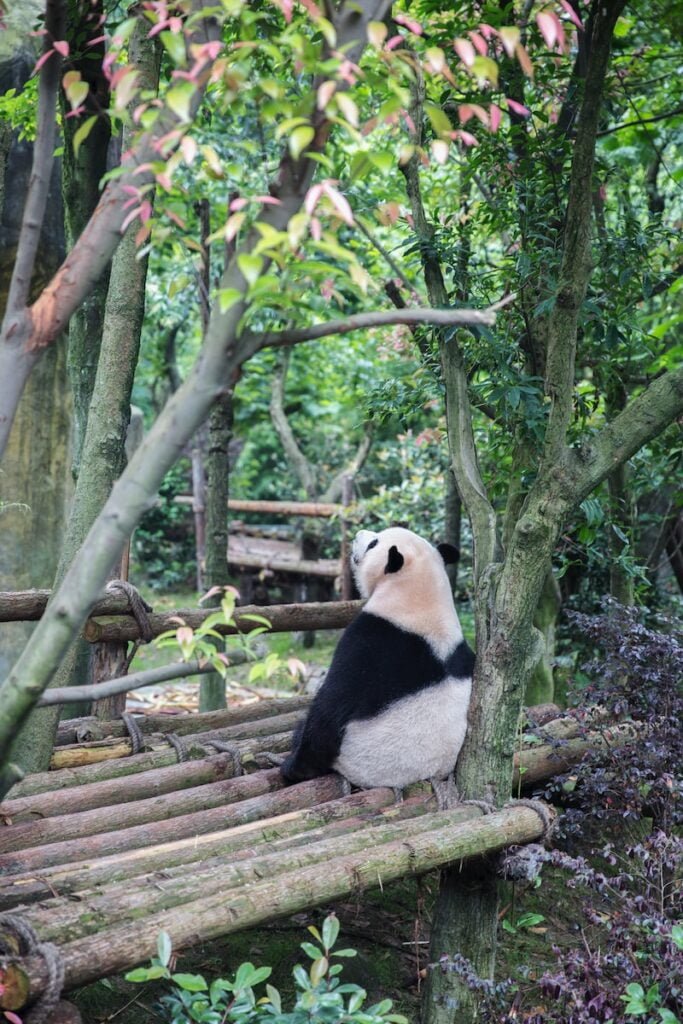
Celebrating the Bak Chang Festival
Despite the melancholic origin of the festival, the modern-day celebrations are vibrant and joyous events. The Bak Chang Festival is named after the Malaysian term for zongzi, “bak chang,” and is a testament to the cultural significance of these rice dumplings.
In the days leading up to the festival, families gather to make the dumplings, turning the process into a communal event. The dumplings are made from glutinous rice filled with different ingredients like pork, beans, and chestnuts, then wrapped in bamboo leaves and steamed or boiled. The act of making and sharing bak chang emphasizes unity, cooperation, and the importance of family and community ties.
In addition to preparing and eating these special dumplings, dragon boat races are often held, especially in areas with significant Chinese communities. These races are not just spectacles of strength and coordination but also symbolic re-enactments of the attempt to save Qu Yuan, reminding participants and observers of the values of loyalty, integrity, and community.
The Bak Chang Festival’s environmental roots are seen in the way the celebrations are tied to the agricultural calendar and the use of locally available, natural materials in the preparation of bak chang. The bamboo leaves used to wrap the dumplings are biodegradable, demonstrating an inherent respect for nature and a sustainable approach to celebration.
The Bak Chang Festival, or the Dumpling Festival, is a unique cultural event that brings communities together in a celebration of shared history, traditional values, and the summer solstice. Through the simple act of making and sharing dumplings, participants honor the memory of Qu Yuan, connect with their cultural heritage, and express a deep-seated reverence for nature. Whether in Malaysia, Indonesia, Singapore, Taiwan, or mainland China, the Bak Chang Festival represents a compelling interplay between cultural tradition, environmental respect, and communal unity.
The summer solstice in ancient China was a time of reverence for the sun and nature, marked by royal rituals, careful observation of natural phenomena, philosophical reflection on the cycles of Yin and Yang, and specific culinary traditions. Despite changes over the centuries, the summer solstice remains an important event, reflecting the ancient Chinese respect for the rhythms of the natural world.
Celebrations of the summer solstice in China- Duanwu Festival
Today, while the summer solstice is not a public holiday in China, it still holds cultural significance and is marked with various traditions and customs, most notably the Duanwu Festival, also known as the Dragon Boat Festival.
The Duanwu Festival usually coincides with the summer solstice. The festival is celebrated with dragon boat races and the consumption of zongzi, pyramid-shaped dumplings made of glutinous rice and wrapped in bamboo leaves. This festival commemorates the ancient Chinese poet and minister Qu Yuan who, according to the legend, drowned himself in the Miluo River. People paddled out on boats to save him or at least retrieve his body, and when they couldn’t find him, they dropped balls of sticky rice into the river so the fish would eat them instead of Qu’s body, thus originating the custom of dragon boat races and eating zongzi.
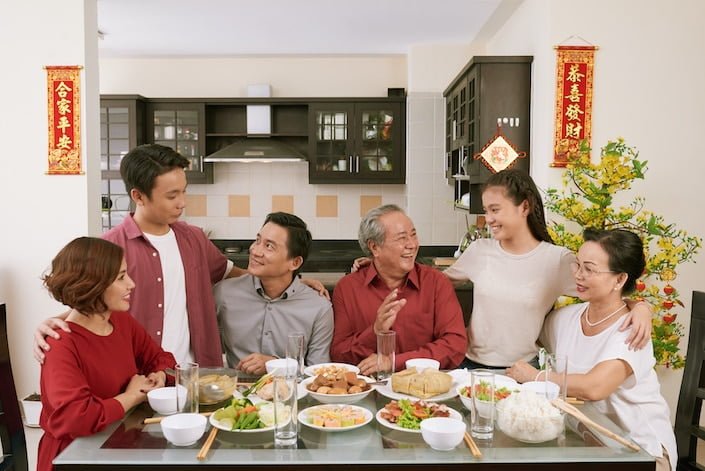
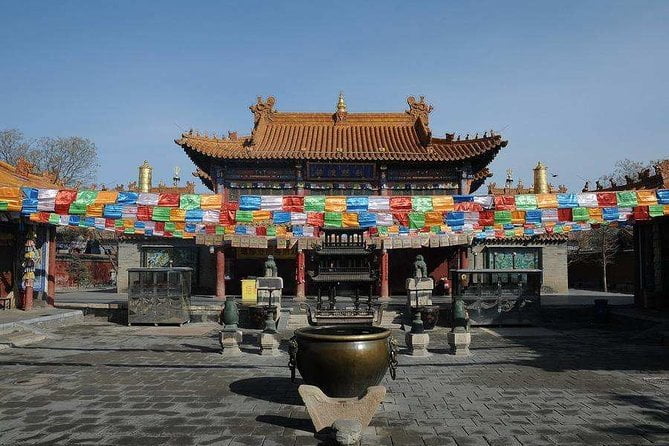
Appreciation of nature and culinary traditions
Similar to ancient traditions, many Chinese still take time to appreciate nature on the summer solstice. Given that this is the longest day of the year, people take advantage of the extra daylight by spending time outdoors and enjoying the beauty of nature.
Traditional culinary practices tied to the summer solstice are still followed today. In some regions, cold noodles are consumed to help people cool down. There’s a saying in China, “Eating around the solar terms,” which encourages adapting your diet to the changing seasons. It is common to consume cooling foods during this period.
Traditional Chinese Medicine
The summer solstice is important in traditional Chinese medicine (TCM) as it is considered the height of the Yang period, a time when Yang energy, representing heat and activity, is at its peak. People following TCM principles adjust their daily routines, diets, and even their meditation practices to adapt to this high Yang energy.
While the summer solstice in China is no longer marked by grand royal rituals, it remains an important cultural event. The Duanwu Festival, traditional food customs, and practices guided by the philosophy of Yin and Yang and TCM all contribute to the contemporary celebration of the summer solstice, reflecting the enduring significance of this solar event in Chinese culture.
Do you want to share your story and inspire our readers ? Know that every story is paving the way for a brighter, happier future.
